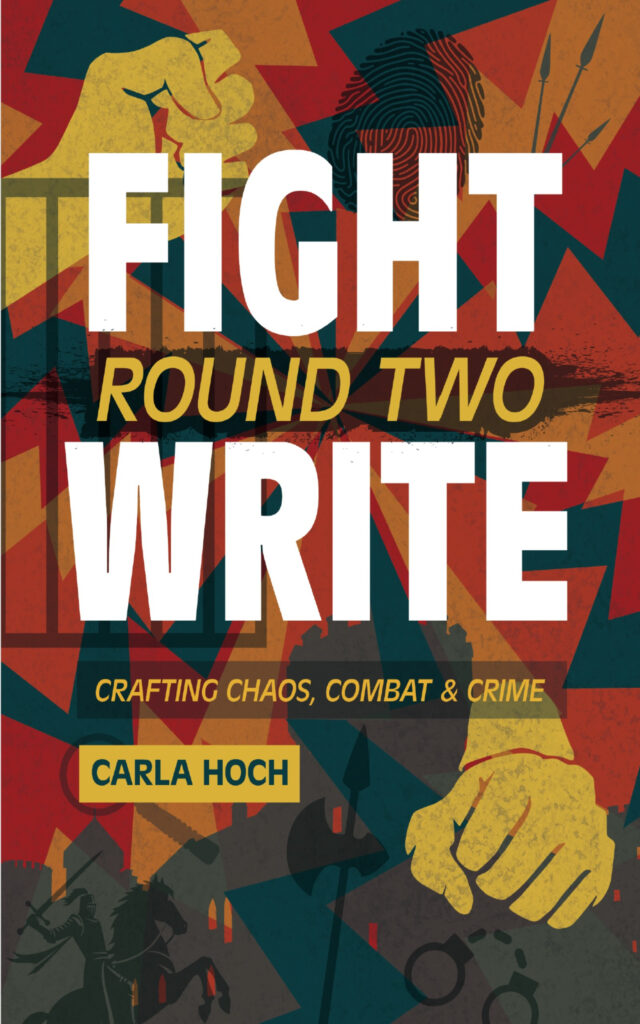
A character is murdered. All fingers point toward the hero who, in an effort to prove their innocence, quickly submits to a lie detector test. And why wouldn’t they? They are telling the truth; they are not guilty. The polygraph will prove that fact. Right?
Not exactly.
Unfortunately, despite its moniker, the lie detector test doesn’t actually test for lies or prove guilt and it may not even be allowed as evidence in criminal court. In this FightWrite® post, we will take a very honest look at the polygraph. We will look at what it does and doesn’t do and when the results are admissible in court.
Disclaimer
Before reading further: This is not legal advice. I am not a lawyer and I am not your lawyer — I wouldn’t wish that you. Also, we will only consider polygraph results as they relate to criminal trials, not civil trials. Lastly, this post is for informational purposes only. Its intent is to help writers create believable fictional work and make life miserable for their innocent characters or keep a lunatic character on the streets.
What the Polygraph Does
The polygraph measures three physiological responses: heart rate/blood pressure, respiration and skin conductivity[i]. All increase when the body is emotionally aroused. The idea behind these measurements is that when someone is lying, their body is more excited than it is when they tell the truth. And, the polygraph does its job in that respect. It does measure the body’s physiological responses to certain questions.
What the Polygraph Does Not Do
What the polygraph does NOT do is measure deception. It cannot discriminate between physiological responses to lies, the pure stress of being in a situation where a polygraph is required or menopausal hot flashes. Basically, a polygraph is great at testing to see if someone is uncomfortable. And, its margin of error, is anywhere between 15 to 40%.
Admissibility in Court
In thirty-one U.S. states, polygraph results are not allowed as evidence in criminal cases iii. In five states, results only admissible when both the prosecutor and defense agree to it iii. When polygraph results are admissible and incriminate the defendant, the defense can bring in expert witnesses to refute the polygraph results or question the qualifications of the tester. In all states, if inadmissible polygraph results are mentioned at all during the course of a criminal trial, the entire proceedings could be declared a mistrial.
That said, even when polygraph results cannot be used in court, law enforcement can ask suspects if they would agree to take one. The goal of the polygraph in those cases is to measure what questions/statements cause the greatest physical disturbance in the suspect. Those results could be used to steer an investigation. What law enforcement cannot do is compel or coerce anyone to submit to a polygraph.
Types of Polygraph Questions to Expect
Irrelevant and Relevant
If your character takes a polygraph, there are a few types of questions they may encounter. Irrelevant questions are questions not related to the case. These questions can give a baseline for behavior or help a person relax between relevant questions that might cause anxiety. What is your name? Are you alive right now? Do you have two feet? These are all examples of irrelevant questions. Relevant questions are questions that relate to the case for which the person is taking the polygraph.
Control
Control questions are questions that relate to a scenario similar to the case. They not are directly related to the case but do tend to lead to questions that are. The best control questions are ones that incriminate just about everyone for something. For example:
Have you ever driven over the speed limit? (control)
Have you ever been angered by another driver? (control)
Did you speed and run the victim off of the road? (question directly related to case)
Control questions like these are used because, in theory, an innocent person wouldn’t have any issue saying they had driven over the speed limit or been angered by another driver. In the mind of the innocent person, who hasn’t done both of those and having done either wouldn’t make them guilty of running someone off of the road. Why would it?
On the other hand, the person guilty of running someone off the road would want to seem as though they had always been a model driver. No. They had not gone over the speed limit even once. No. They had never been angered by another driver.
Directed Lie
Sometimes the one taking the polygraph is instructed to lie to certain questions. These questions are known as directed lie questions and they are innocuous and straight-forward. “Are you a duck?” “Did you fly here today with your wings?” Directed lie questions may be asked several times to get a baseline for the person’s physiological response to a lie.
Beating the Polygraph
If you look at websites endorsing polygraph science, they will tell you that you cannot beat a polygraph test. Unfortunately, history doesn’t support that. The Green River Killer, Gary Leon Ridgeway, The Angel of Death killer, Charles Cullen and kidnapper Richard Ricci all passed a polygraph test. Spies Ignatz Theodor Griebl, Karel Frantisek Koecher, Jiri Pasovsky, Larry Wu-tai Chin, Aldrich Hazen Ames, Nicolás Sirgado, Ana Belen Montes, and Leandro Aragoncillo all passed it as well.
There are many sources out that can coach one to pass a polygraph. Most seem to focus on using the control questions to create a faulty baseline. After all, if your character reacts to everything as if it is a lie, how would a polygraph detect an actual lie? To create an inaccurate baseline, your character can:
- Think excited thoughts and constantly alter their breathing pattern. Holding the breath randomly throughout the test is important.
- Fidget the whole time. Shift in the chair, move the shoulders, cross and uncross the feet, sniff, flutter the eyes… all the fidgety things.
- Have the character randomly bite the side of their tongue or press down on a tack they’ve placed in their shoe iii,[iv]. All of these can raise the character’s blood pressure and throw of interpretation of the results.
- Lastly, and this is toughest one, have your character be deeply calm. This is how guilty is how all the criminals mentioned in this post passed. This is the toughest route to take but it is doable.
The efficacy of the polygraph is constantly under debate, yet it remains a constant presence in criminal cases. It is completely plausible that if your character is questioned in connection to a crime, they will be asked to take one. Now, you can write how you want that test to go.
If you want to know more about forensic evidence like the polygraph, questioning techniques or how the human body reacts when we attempt to deceive, check out my book Fight Write, Round Two. It’s full of great crime stuff. And, speaking of crime, I am teaching and speaking with a panel at ThrillerFest this June. I will also be teaching with my WD family at the Writer’s Digest Annual Conference in July. If you see me at either, please say hello!
Until the next round with FightWrite on the WD Blog, get blood on your pages. And don’t lie about it.
Yes. And we will look at that in our next post! Until then, here is my favorite polygraph scene ever. If you haven’t watched Parks and Rec, you haven’t seen Chris Pratt at his finest. The test starts at the one minute mark but the whole thing is awesome. Choose the pic and it will take you to YouTube.
References “Lie Detector Test.” LII / Legal Information Institute, www.law.cornell.edu/wex/lie_detector_test#:~:text=Polygraphs%20are%20the%20most%20popular. To, Katherine. “Lie Detection: The Science and Development of the Polygraph.” USC Viterbi School of Engineering, 6 Dec. 2002, illumin.usc.edu/lie-detection-the-science-and-development-of-the-polygraph/. “Learn How to Pass (or Beat) a Polygraph Test.” n.d. Antipolygraph.org. https://antipolygraph.org/. Law By Mike. 2023. “I Beat a Lie Detector Test!” YouTube. December 20, 2023. https://www.youtube.com/watch?v=mdxh-zHEe3Y.




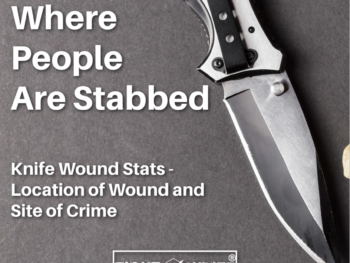
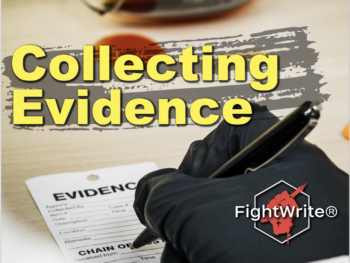
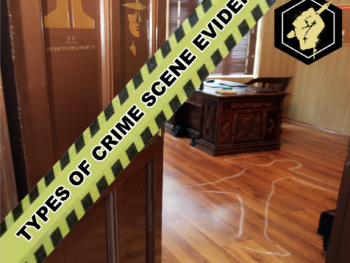
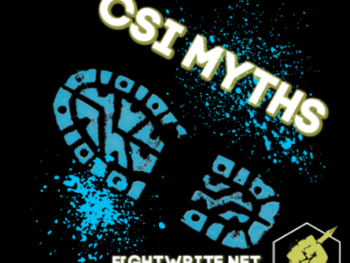
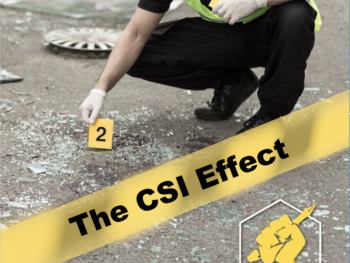


I really appreciate this post. I¦ve been looking everywhere for this! Thank goodness I found it on Bing. You’ve made my day! Thanks again
http://toyota-porte.ru/forums/index.php?autocom=gallery&req=si&img=3233
Keep working ,great job!
I’ll immediately grasp your rss as I can not in finding your email subscription link or newsletter service. Do you’ve any? Kindly permit me recognize so that I may just subscribe. Thanks.
My brother suggested I might like this blog. He was totally right. This post truly made my day. You can not imagine simply how much time I had spent for this information! Thanks!
Thanks for every other fantastic article. The place else could anyone get that type of info in such a perfect method of writing? I’ve a presentation subsequent week, and I’m on the search for such info.
Howdy! This is my first comment here so I just wanted to give a quick shout out and say I truly enjoy reading your blog posts. Can you recommend any other blogs/websites/forums that deal with the same subjects? Thanks!
It is actually a nice and helpful piece of info. I am happy that you just shared this useful information with us. Please keep us up to date like this. Thanks for sharing.
Great tremendous issues here. I am very satisfied to see your article. Thank you a lot and i’m taking a look forward to touch you. Will you kindly drop me a mail?
Thank you for sharing superb informations. Your web site is so cool. I’m impressed by the details that you have on this blog. It reveals how nicely you understand this subject. Bookmarked this website page, will come back for extra articles. You, my friend, ROCK! I found just the information I already searched all over the place and just couldn’t come across. What an ideal web-site.
Just want to say your article is as amazing. The clearness to your put up is simply spectacular and i could assume you are knowledgeable in this subject. Well with your permission allow me to grab your RSS feed to stay updated with imminent post. Thank you a million and please keep up the enjoyable work.
I enjoy the efforts you have put in this, appreciate it for all the great content.
We’re a group of volunteers and opening a new scheme in our community. Your website offered us with valuable info to work on. You have done a formidable job and our entire community will be grateful to you.
Hiya, I’m really glad I have found this info. Today bloggers publish just about gossips and net and this is actually irritating. A good site with exciting content, this is what I need. Thank you for keeping this site, I’ll be visiting it. Do you do newsletters? Can not find it.
I haven’t checked in here for a while since I thought it was getting boring, but the last few posts are great quality so I guess I’ll add you back to my everyday bloglist. You deserve it my friend 🙂
very nice post, i actually love this website, keep on it
WONDERFUL Post.thanks for share..more wait .. …
I do agree with all the ideas you have presented in your post. They are really convincing and will certainly work. Still, the posts are too short for newbies. Could you please extend them a little from next time? Thanks for the post.
I am glad to be a visitor of this thoroughgoing site! , thanks for this rare info ! .
Your style is so unique compared to many other people. Thank you for publishing when you have the opportunity,Guess I will just make this bookmarked.2
I really enjoy reading through on this site, it has wonderful articles.
Hmm is anyone else encountering problems with the pictures on this blog loading? I’m trying to figure out if its a problem on my end or if it’s the blog. Any feedback would be greatly appreciated.
Those are yours alright! . We at least need to get these people stealing images to start blogging! They probably just did a image search and grabbed them. They look good though!
Hi! Someone in my Myspace group shared this website with us so I came to take a look. I’m definitely loving the information. I’m bookmarking and will be tweeting this to my followers! Superb blog and fantastic design and style.
fantastic points altogether, you just gained a new reader. What would you recommend in regards to your post that you made some days ago? Any positive?
Some truly marvellous work on behalf of the owner of this site, perfectly outstanding subject material.
Wow! This could be one particular of the most beneficial blogs We have ever arrive across on this subject. Basically Fantastic. I’m also a specialist in this topic therefore I can understand your hard work.
Please let me know if you’re looking for a article author for your site. You have some really good posts and I believe I would be a good asset. If you ever want to take some of the load off, I’d love to write some articles for your blog in exchange for a link back to mine. Please shoot me an email if interested. Thank you!